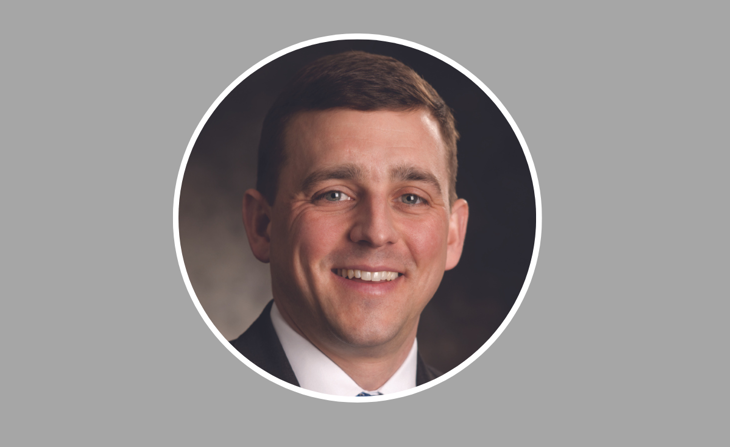
Aaron Diefenthaler: We will have to await 1/1/24 [renewals] to truly know what the best opportunity of 2023 was, but from where I sit, cash is an investable asset class again and right behind it are short Treasury Bills (T-bills), both of which have an adequate return and can be called upon should additional volatility develop.
Beyond that, investment-grade fixed income is an exciting opportunity to add some durability to your income profile, one that can help Property & Casualty (P&C) insurers support operating earnings.
"The most pressing challenges are on the operations and talent front. If I don’t
have the right people or systems, my effort alone can only go so far."
Aaron: The most pressing challenges are on the operations and talent front. If I don’t have the right people or systems, my effort alone can only go so far.
The need for faster, more complete information has increased in the last 20 years and thankfully the third-party asset management industry has risen to the occasion to offer tools and solutions to their clients.
Aaron: Within a fairly regulated industry, you have to stay on top of shifting regulatory regimes.
Thankfully for us, we are a domestic company, which tends to keep those requirements “close to home”, but the regulatory or legislative influence has to always be part of the evaluation for new initiatives.
"The need for more data and faster answers, in a more complex environment has been a part of investment management since the Buttonwood Agreement."
Aaron: The need for more data and faster answers, in a more complex environment has been a part of investment management since the Buttonwood Agreement, so I don’t see that trend abating.
Aaron: It breaks down into the following areas:
Aaron: This question might be polarising in its own right to some.
"Sensitivity on ESG has swung in both directions in
a short period."
However, from my standpoint, the core purpose of the ESG lens has always been there for long-term investors. If we stick with the word “sustainability” as an umbrella term, with semi-permanent capital or a capital replenishment mechanism as many carriers enjoy in the P&C industry, we have always looked to sustainability as a primary investment screen.
We essentially hold bonds to maturity and active equity positions for a very long time.
The sensitivity on ESG has swung in both directions in a short period, and I spend more of my time considering what may call into question our initial investment thesis for a given issuer, ESG-orientated or otherwise.
Aaron: Municipals and potentially those driven by infrastructure spending are core holdings for portfolios like ours. So, I don’t think that the priority spectrum has shifted, but munis do offer relative value at certain points in the cycle and issuer diversity with a spread over Treasuries.